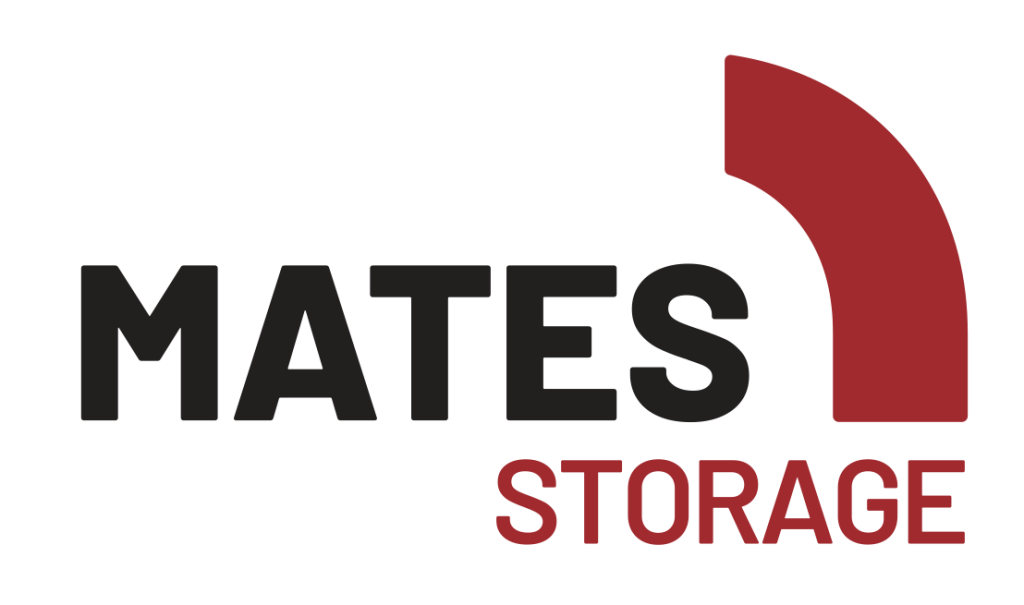
We’re All Human
Providing life skills, education and work experience for people leaving incarceration in NSW.
Supporting freedom and
enabling people to right their story.
Providing life skills, education and work experience for people leaving incarceration in NSW.
We understand that sometimes people go through their worst to get to their best. We believe in creating real opportunities – providing life skills education and work experience for people leaving incarceration in NSW.
It’s life changing. We share human stories and exist to re-educate our justice system to prove that lives after incarceration matter and that opportunities to count benefit our society as a whole.
Making Opportunities Count
We understand that sometimes people go through their worst to get to their best. We believe in creating real opportunities – providing life skills education and work experience for people leaving incarceration in NSW. It’s life changing. We share human stories and exist to re-educate our justice system to prove that lives after incarceration matter and that opportunities to count benefit our society as a whole.
Mates on the Move
A Social Enterprise Making An Impact
A social enterprise of Prisoners Aid NSW: providing removal services, recycling and storage.
Are you willing to support opportunities?
Once a person has done their time, it’s time to show them that they are welcome back into their community. That’s true compassion, and if as a society we want less crime, we need to show our commitment to people leaving incarceration, so they have the support they need to leave it behind for good.
If you, or your company, would like to help people gain a genuine opportunity, we’d love to hear from you.



